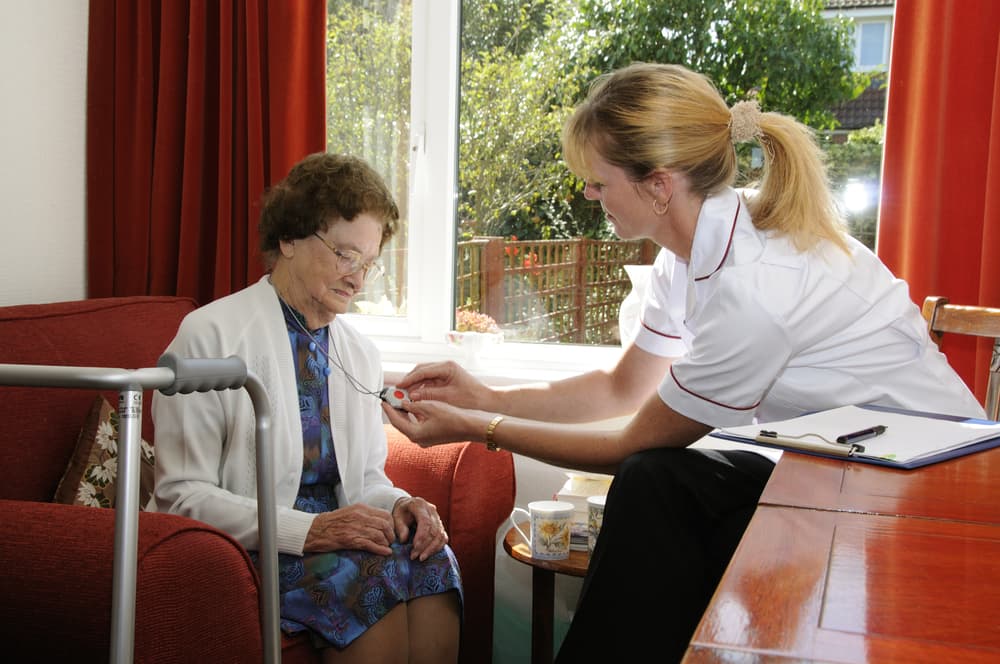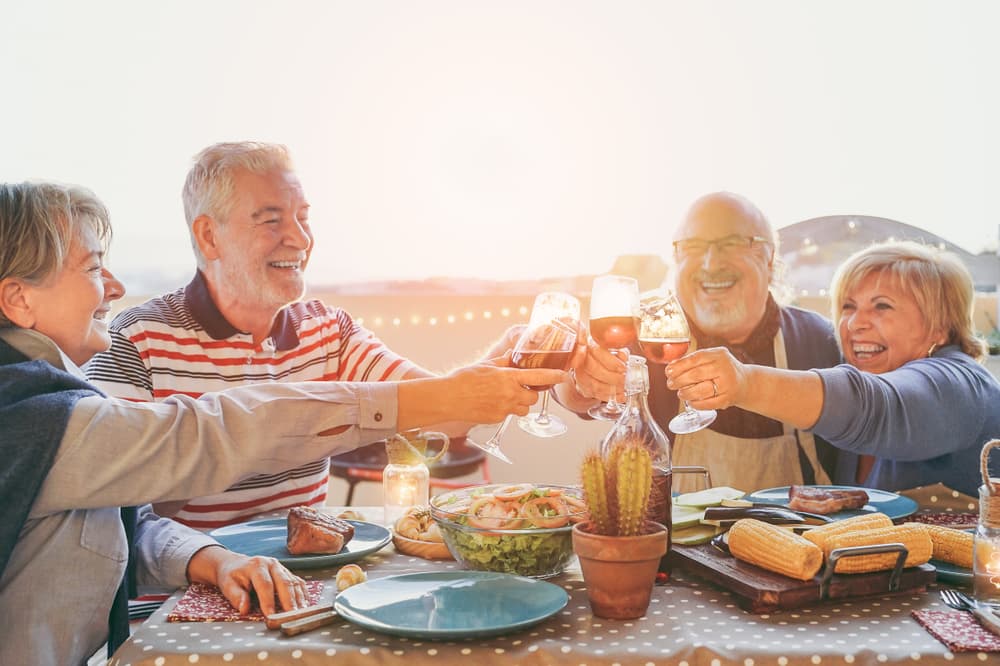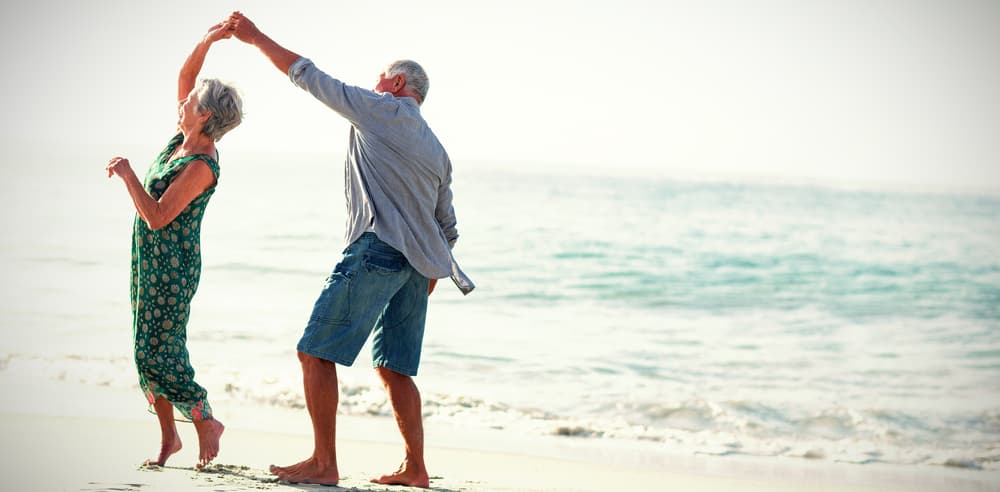
5 Tips to Prevent Falls in Our Aging Population
As the senior population rises, so does the risk of slip and fall injuries. Considering falls are one of the leading causes of serious injury and hospitalization among seniors, preventative measures are imperative. One false move could significantly impair mobility, hinder their independence, or require long-term care depending on the severity of the injury. If you or a loved one has a fear of falling, here are some tips to help prevent falls in our ageing population.
Get More Exercise
Studies have shown that those who lead a sedentary lifestyle are at a much greater risk of enduring a fall. As we age, our muscle mass decreases naturally, and this decrease accelerates after the age of 70. That’s why exercising is a crucial component of minimizing this risk. But this doesn’t just mean taking a brisk walk around the neighbourhood each morning. To prevent accidents, exercise routines should focus on improving strength. Building muscle can help improve balance while increasing flexibility, which can also help keep the body more limber. So if a fall does happen, it will be less likely that a serious injury will occur. Tai Chi is an excellent form of exercise for this reason. Try to aim for 150 minutes each week at minimum to maintain muscle mass, good bone density, and optimal health overall. If your loved one would like to add exercise into their daily routine, transition them into it slowly. It doesn’t have to be an intense workout routine every day!
Improve Safety Around The Home
Did you know that the majority of falls occur around the home? It’s true, and it’s another good reason why it should be a top priority when it comes to implementing preventative measures. Of course, every home is unique, but there are some general areas to focus on. Consider installing handrails along exterior stairs, keep any walkways or entranceways well-lit during the dark evenings, use nightlights in the bathroom or hallways, get rid of clutter, and always make sure to install handlebars in the shower and bath.
Wear the Right Footwear
What you wear on your feet really matters when it comes to avoiding a slip and fall injury. Stick with shoes that are comfortable and properly fitted. Always select shoes with a rubber sole or grip along the bottom, and if you wear slippers around the house, be sure to wear ones that fully fit over your feet. Since balance and depth perception can decline with age, having proper footwear can make a big difference.
Eat A Healthy Diet
As we age, we also become more prone to certain deficiencies, especially vitamin D, since our body isn’t able to convert sunlight into vitamin D as easily. Seniors also tend to get less exposure to the sun on average. Thankfully, consuming a healthy, well-balanced diet can help to alleviate this problem. Eating more plant-based meals and covering at least half of your plate with veggies on a daily basis can provide the body with the right balance of nutrients and vitamins. Supplements can also be a helpful way to get in those nutrients, especially with dietary restrictions.
Update Eyewear Regularly
Have you or your ageing parent been wearing the same pair of glasses for years? If so, chances are they need to be updated. Maintaining a clear vision is important for avoiding tripping hazards. So make sure to have your or your parent’s eyes tested annually and update the prescription whenever your optician recommends it.
If there’s one inevitable thing, it’s the ageing process. And as much as we’d like to prevent it from happening, getting old is just a fact of life that we all must deal with eventually. But thankfully, there are many effective ways to help prevent falls in our ageing population – and that includes the Boomer Alert Emergency Response System. This personal safety device comes with leading-edge, fall-detection technology and is ideal for those who are prone to falling, or who simply have a fear of leaving their loved one on their own. As a multi-functional, mobile-based device, it provides seniors with the personal care and independence they want, and the convenience of virtual care so you can ensure that they’re okay when they’re on their own. Order yours today or learn more here.







0 Comment